When: Thursday 6th December, 3.30-6pm
Where: Kimmeridge House, Talbot Campus, Bournemouth University
This exciting event is a chance to celebrate public engagement at Bournemouth University. Come along between 3.30pm and 6pm to experience our interactive exhibition, showcasing some excellent examples of public engagement.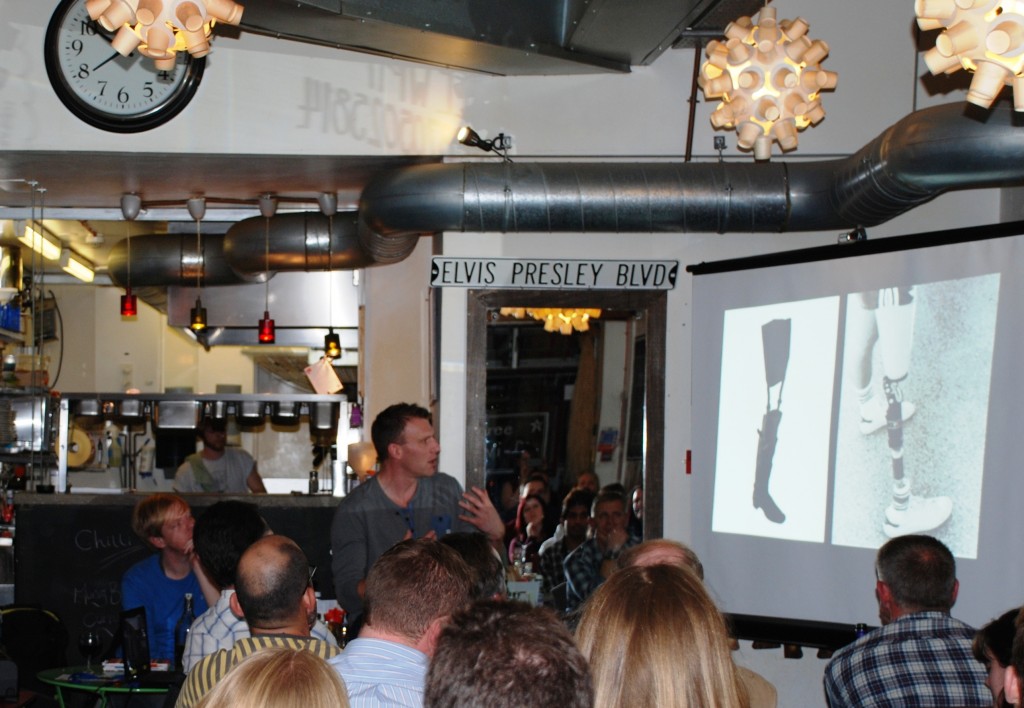
Between 4-5pm you will have an exclusive opportunity to hear from Alice Roberts, Professor of Public Engagement in Science for the University of Birmingham, about the importance of public engagement. Following Alice’s talk there will be a chance to hear from BU academics about their experiences with public engagement and further explore our interactive exhibition with a glass of wine in hand.
Agenda:
3.30pm: Opportunity to explore our interactive exhibition space
4.00pm: Alice Roberts talks on the importance of Public Engagement
4.30pm: BU academics share their experiences of engagement
5.00pm: Enjoy drinks and further opportunity to explore our interactive exhibition
6.00pm: Close
To register for this free event, please click on this link.
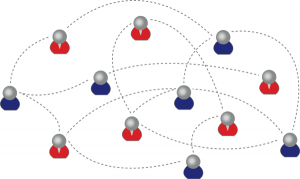



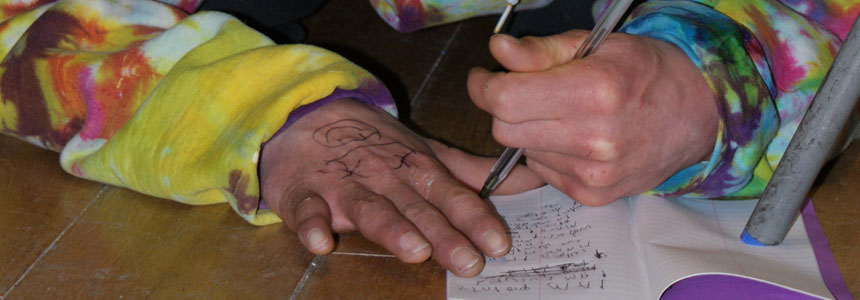


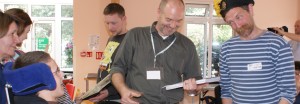
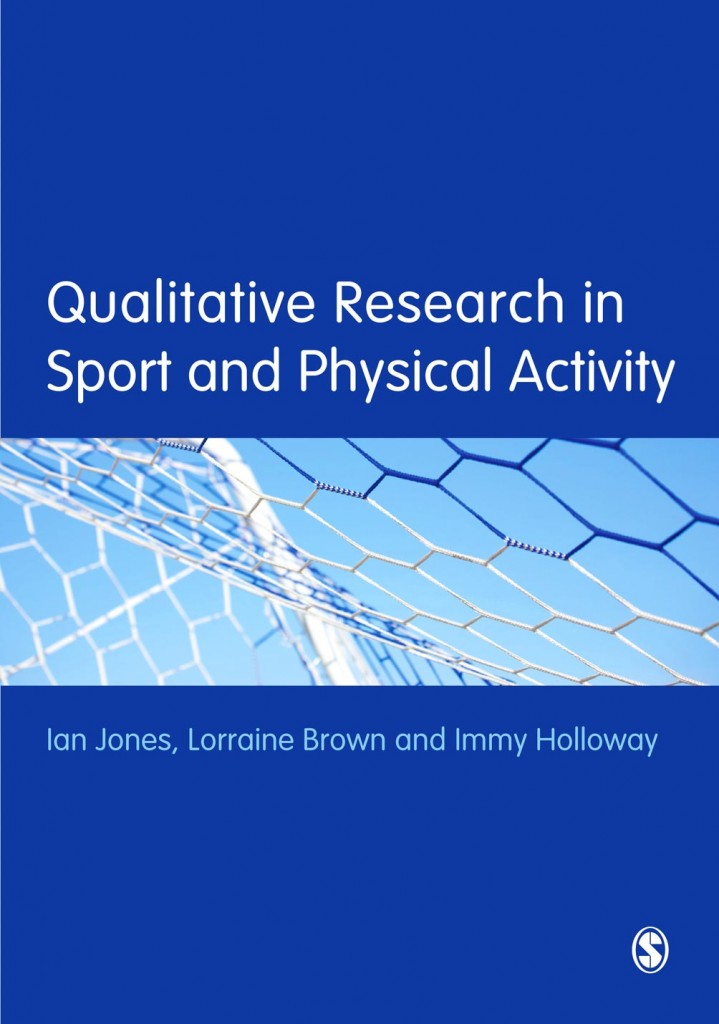

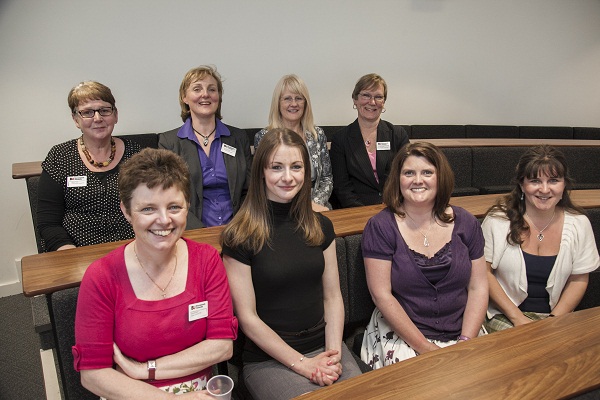

















 REF Code of Practice consultation is open!
REF Code of Practice consultation is open! BU Leads AI-Driven Work Package in EU Horizon SUSHEAS Project
BU Leads AI-Driven Work Package in EU Horizon SUSHEAS Project Evidence Synthesis Centre open at Kathmandu University
Evidence Synthesis Centre open at Kathmandu University Expand Your Impact: Collaboration and Networking Workshops for Researchers
Expand Your Impact: Collaboration and Networking Workshops for Researchers ECR Funding Open Call: Research Culture & Community Grant – Apply now
ECR Funding Open Call: Research Culture & Community Grant – Apply now ECR Funding Open Call: Research Culture & Community Grant – Application Deadline Friday 12 December
ECR Funding Open Call: Research Culture & Community Grant – Application Deadline Friday 12 December MSCA Postdoctoral Fellowships 2025 Call
MSCA Postdoctoral Fellowships 2025 Call ERC Advanced Grant 2025 Webinar
ERC Advanced Grant 2025 Webinar Update on UKRO services
Update on UKRO services European research project exploring use of ‘virtual twins’ to better manage metabolic associated fatty liver disease
European research project exploring use of ‘virtual twins’ to better manage metabolic associated fatty liver disease